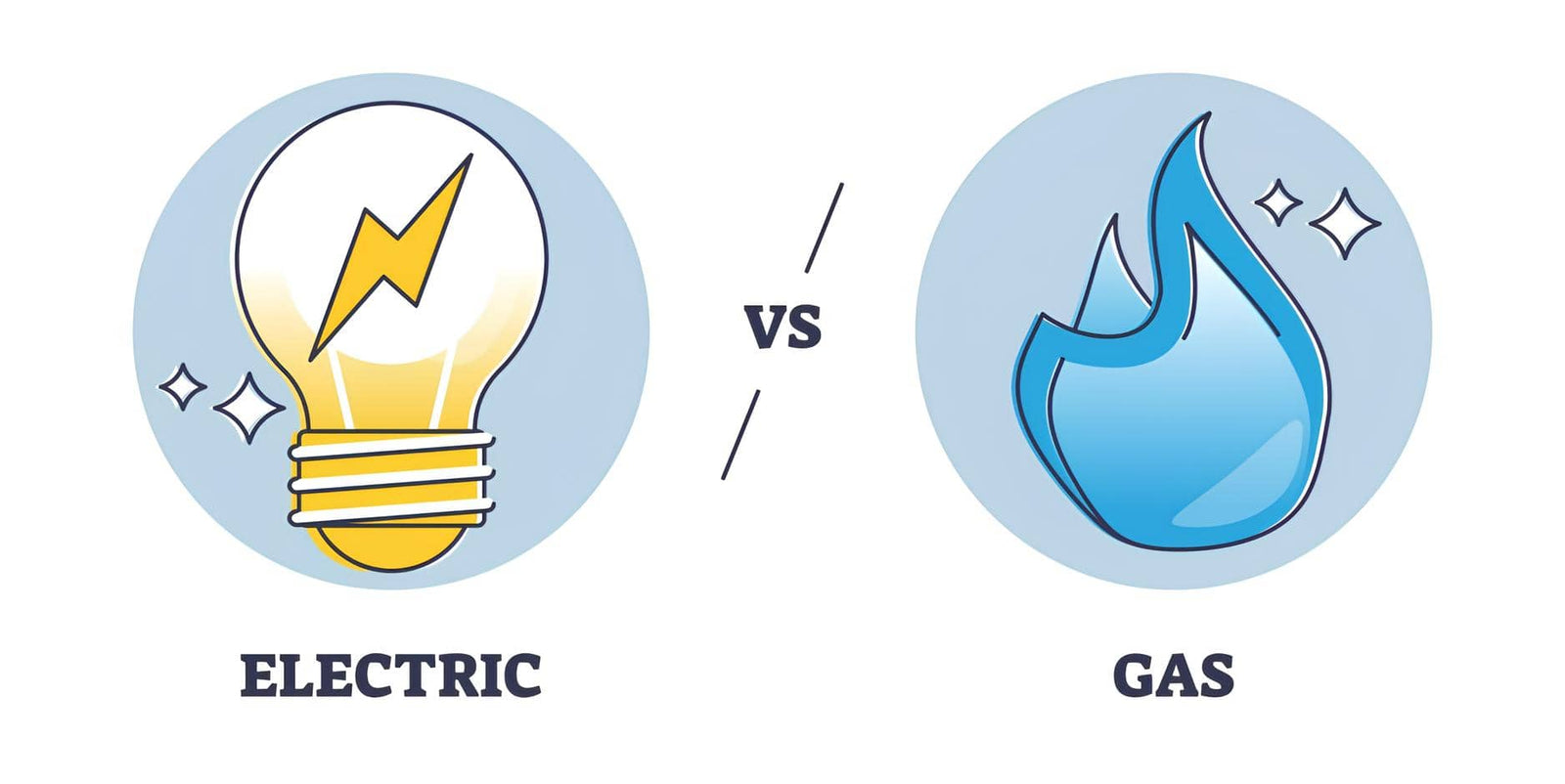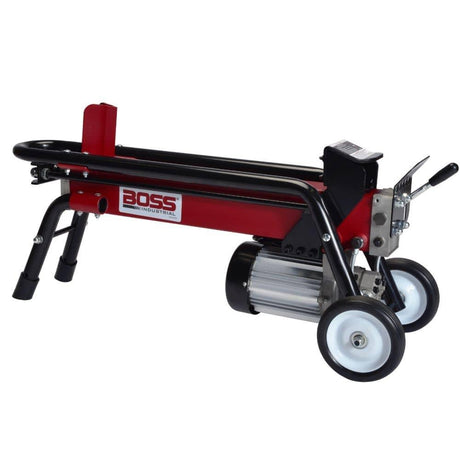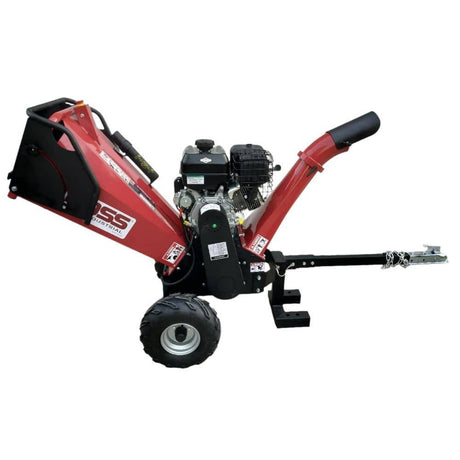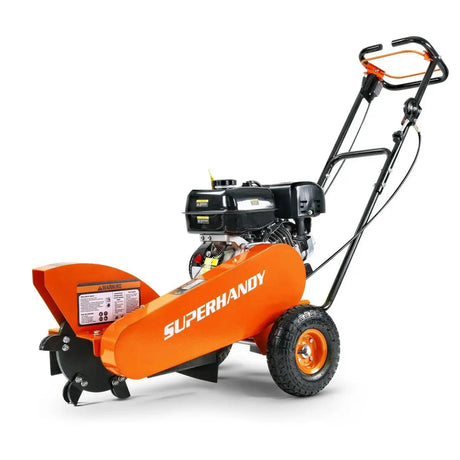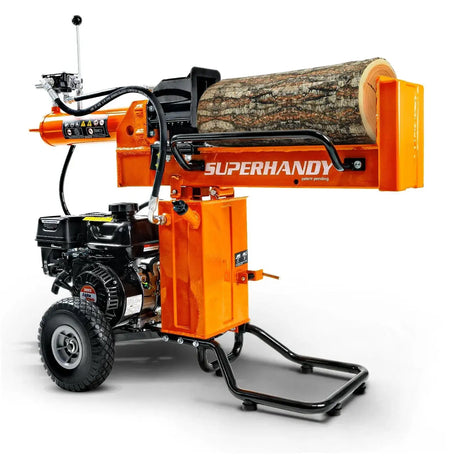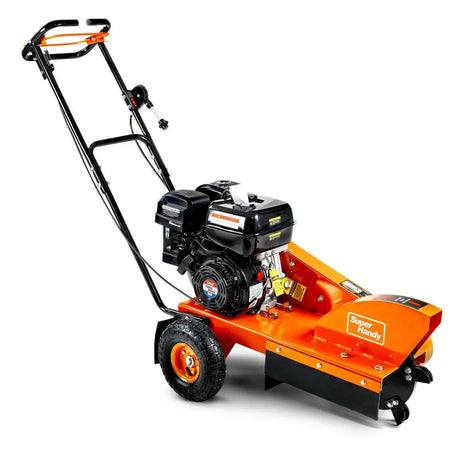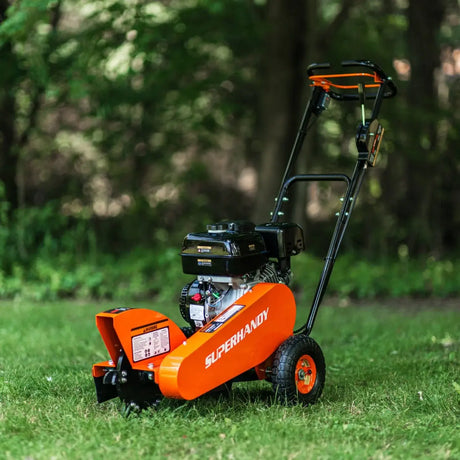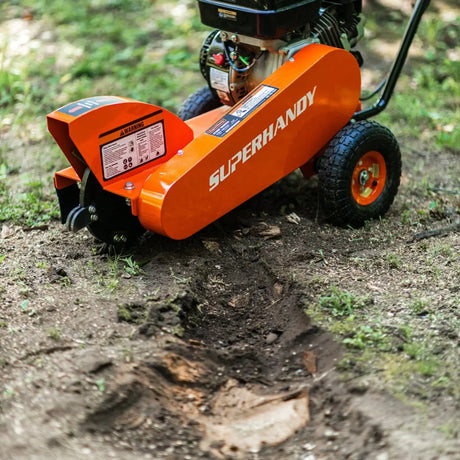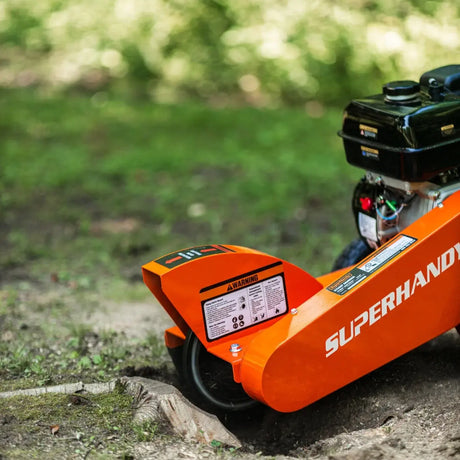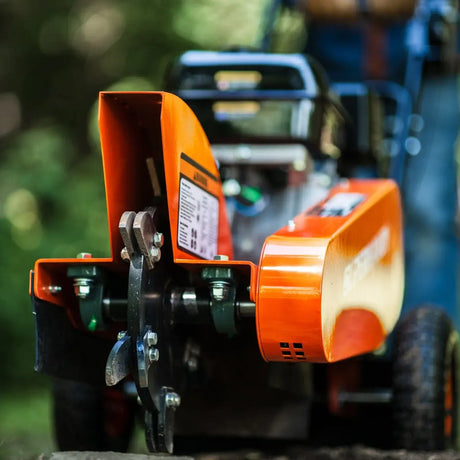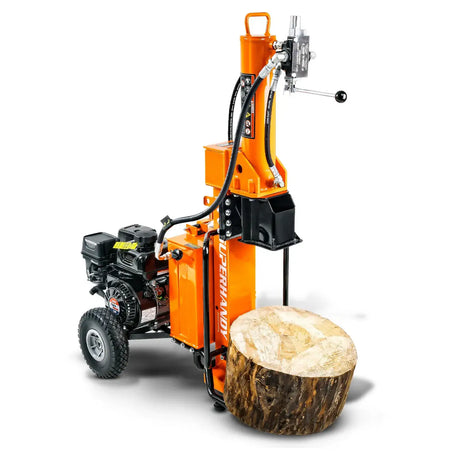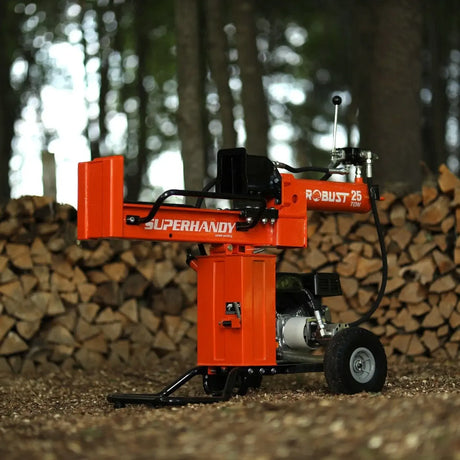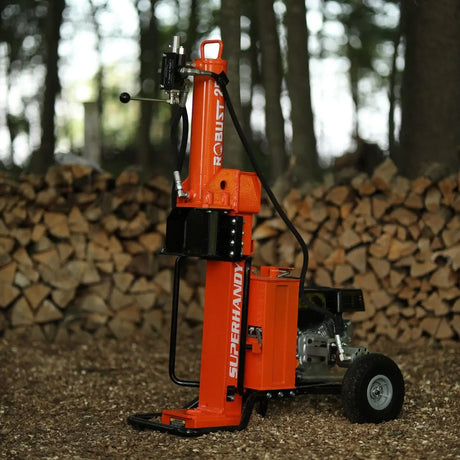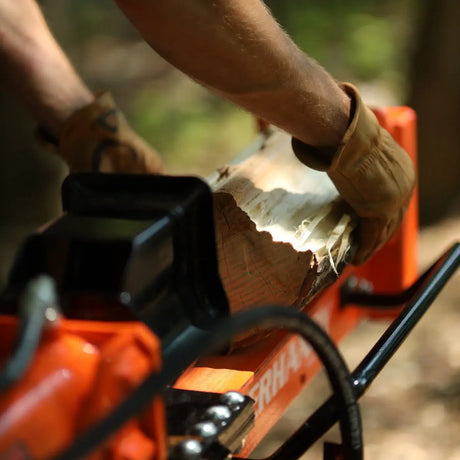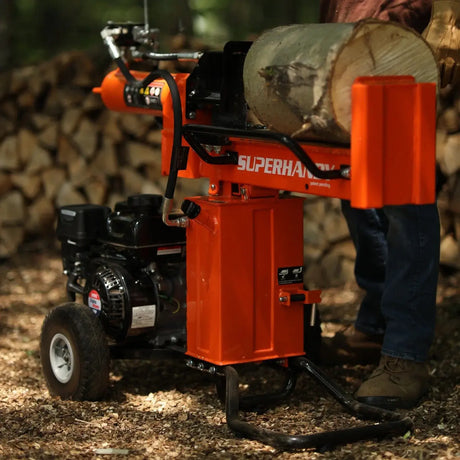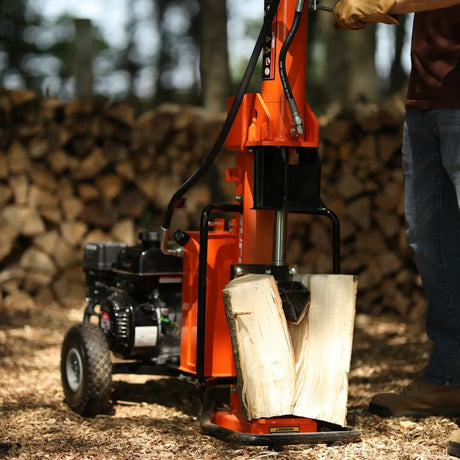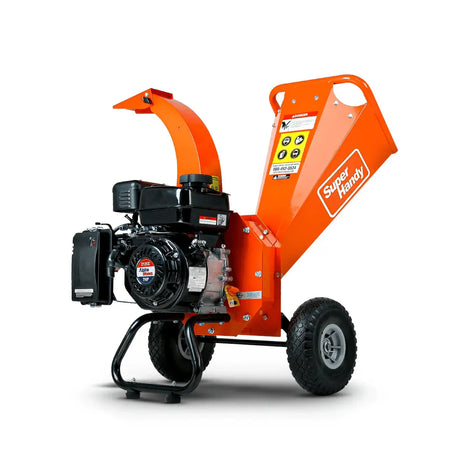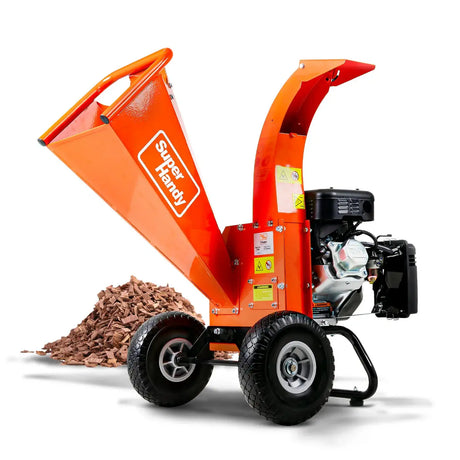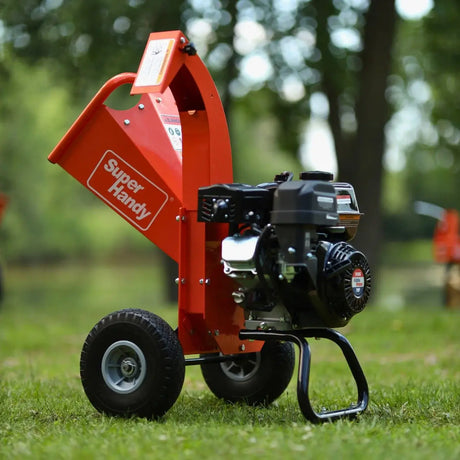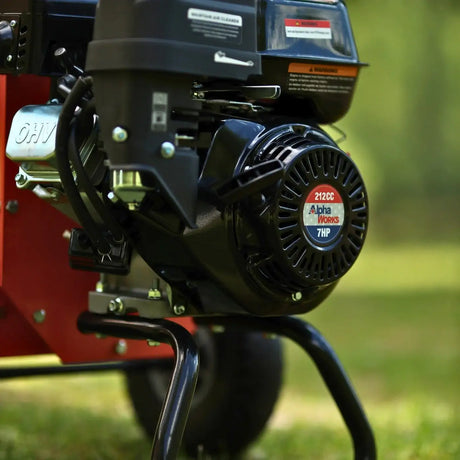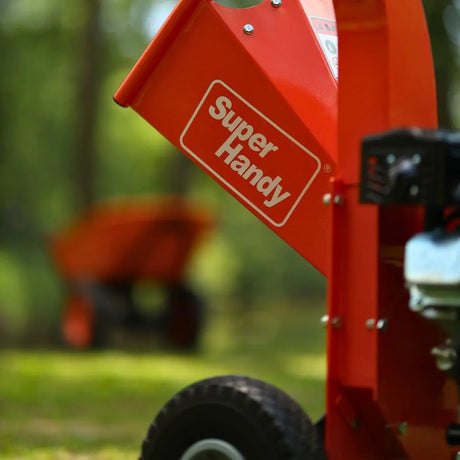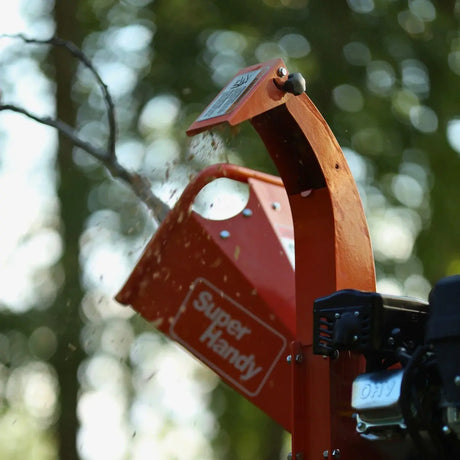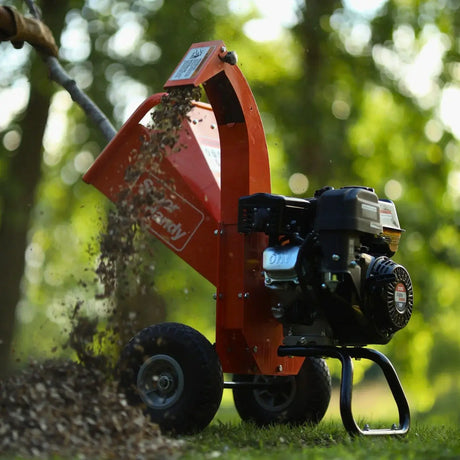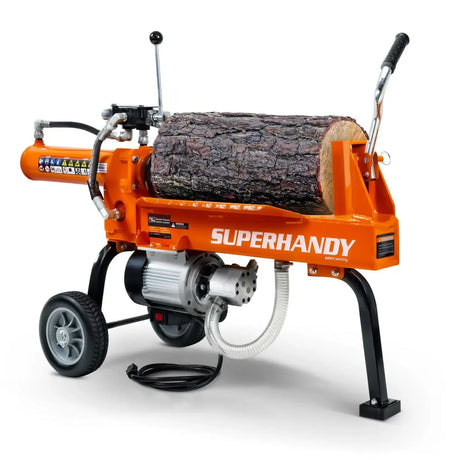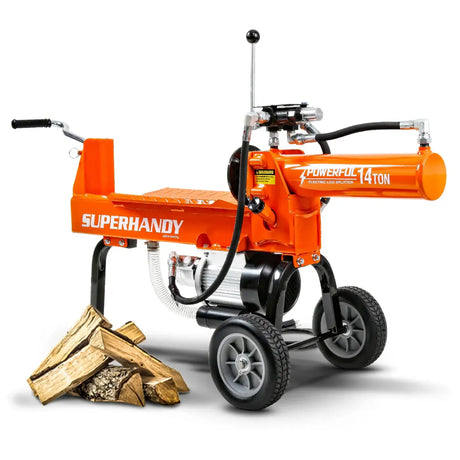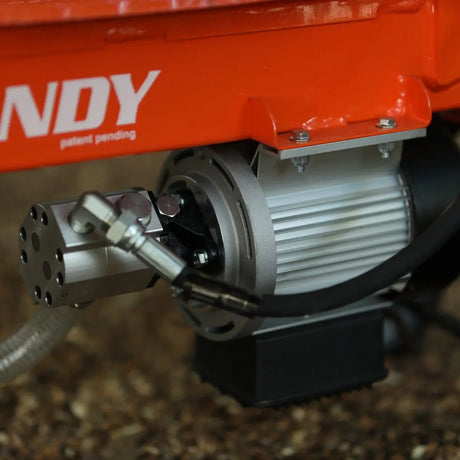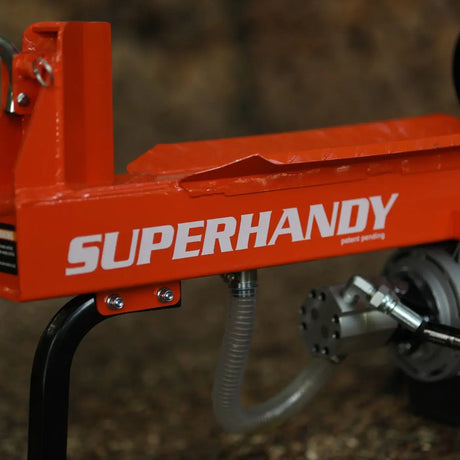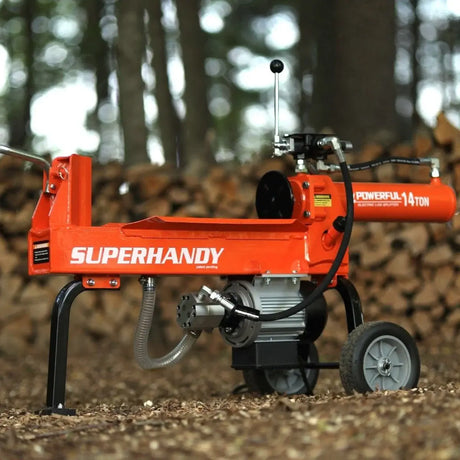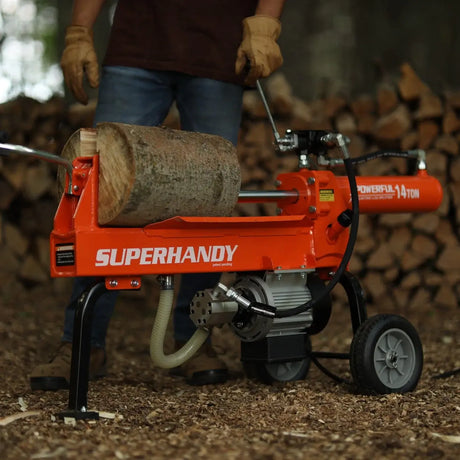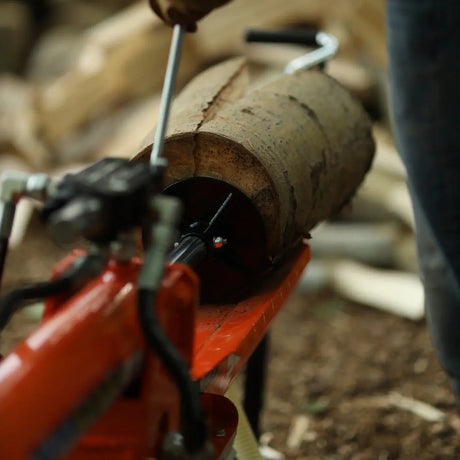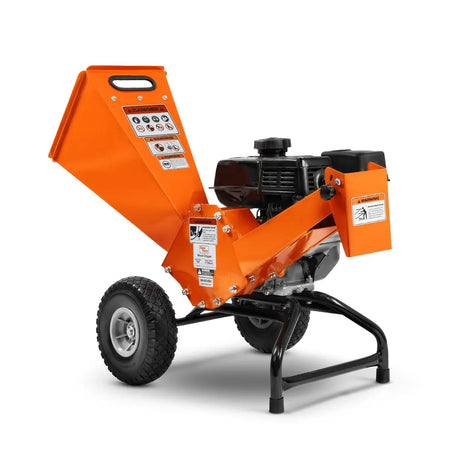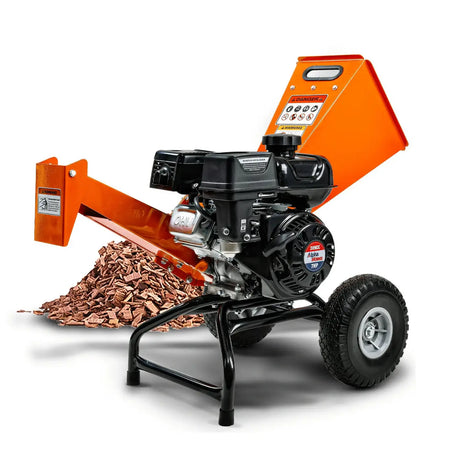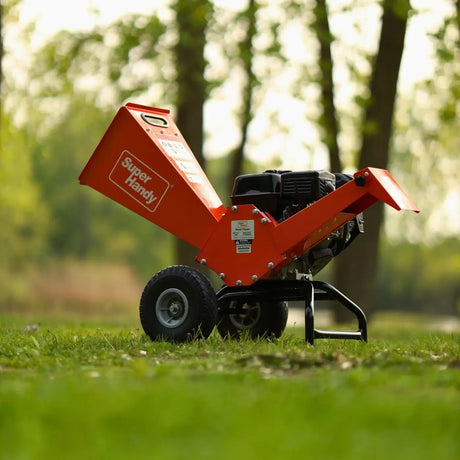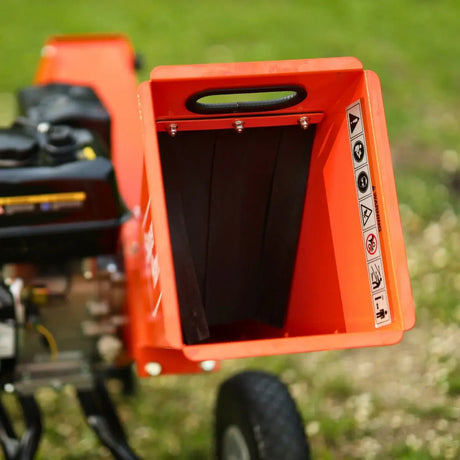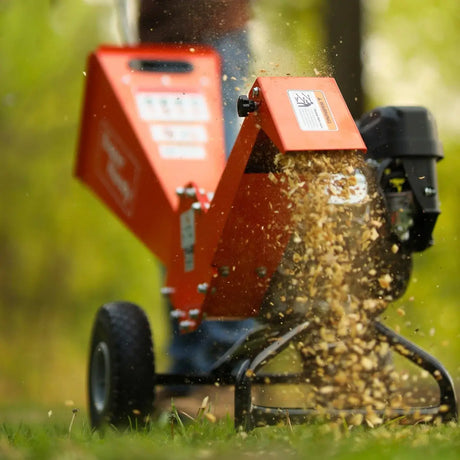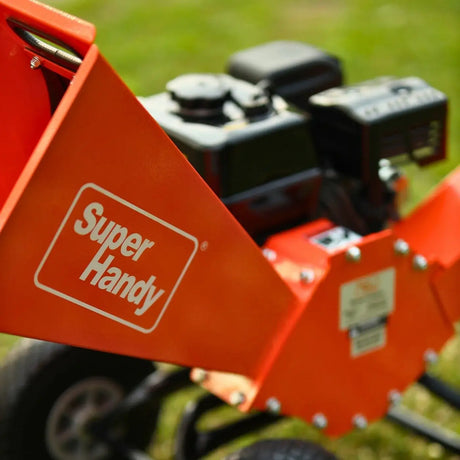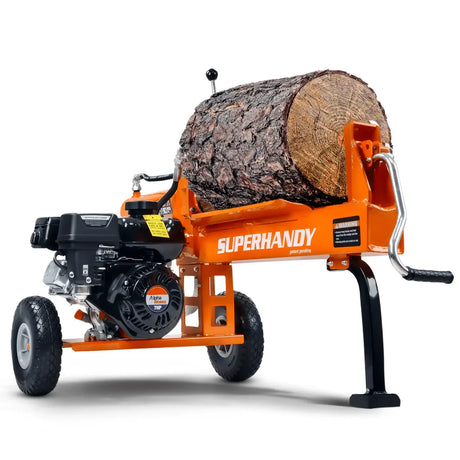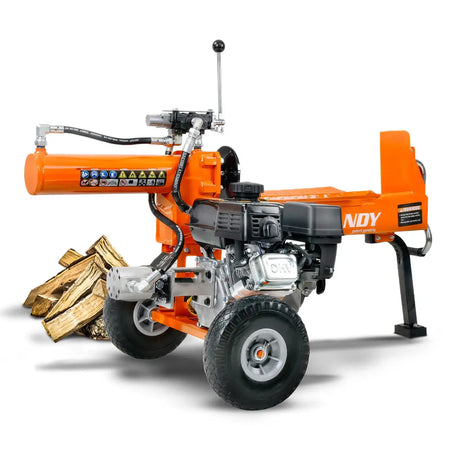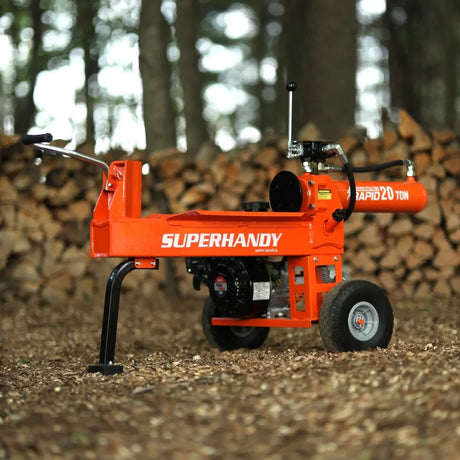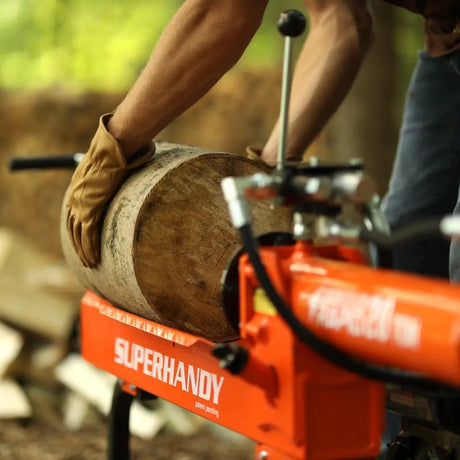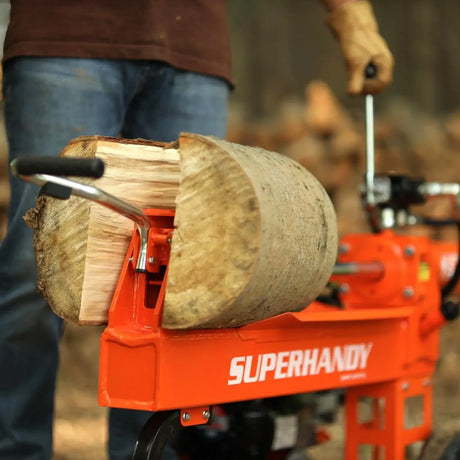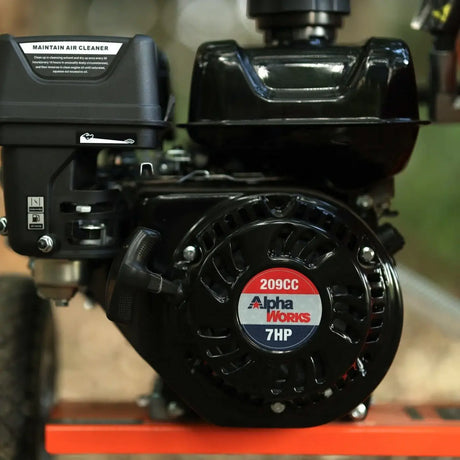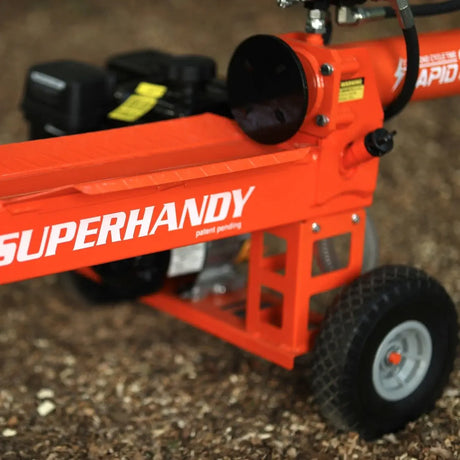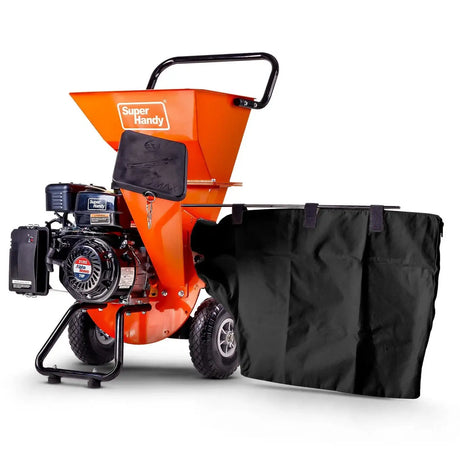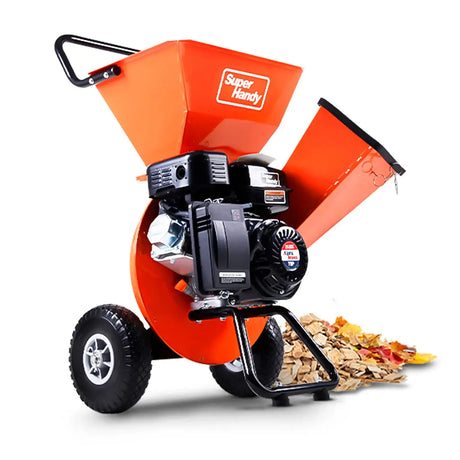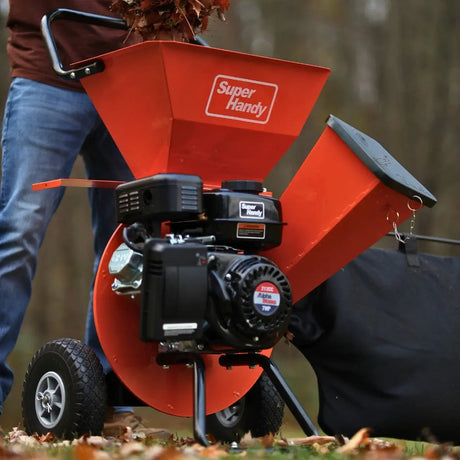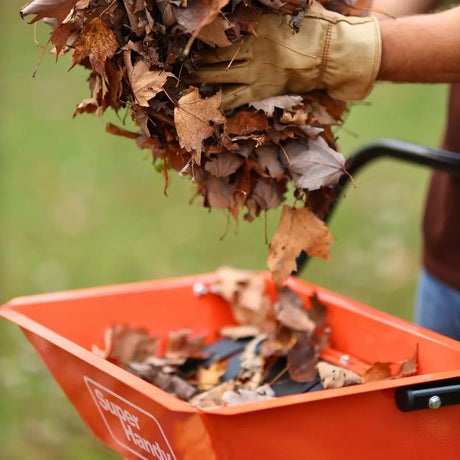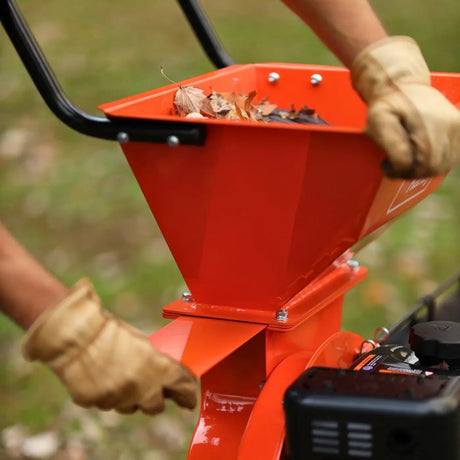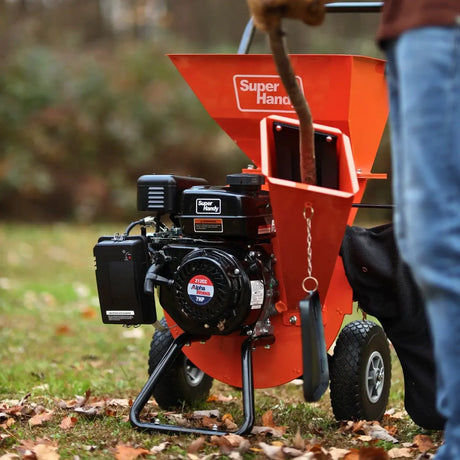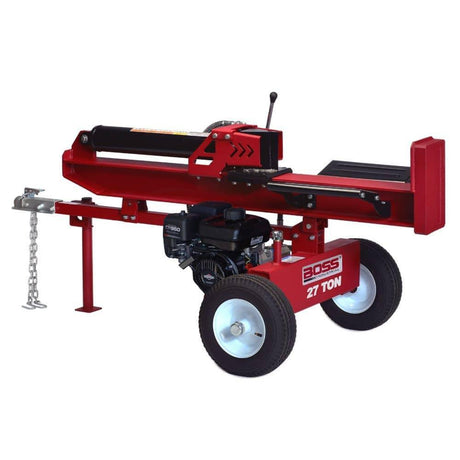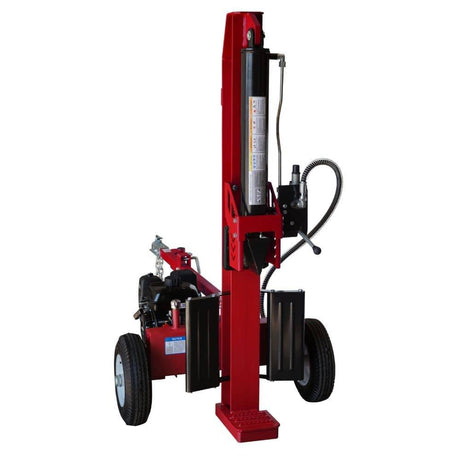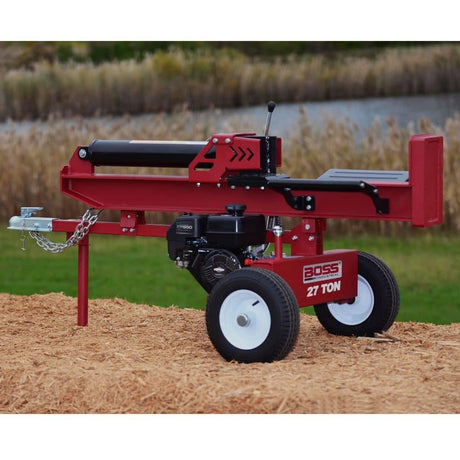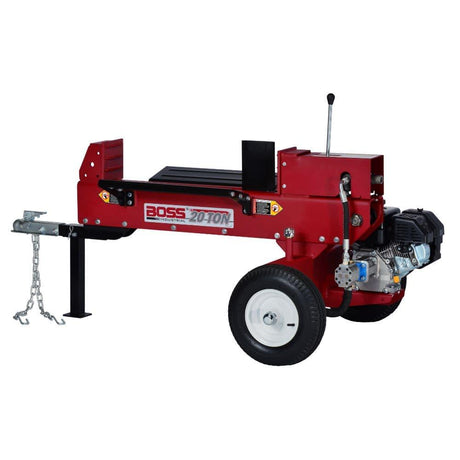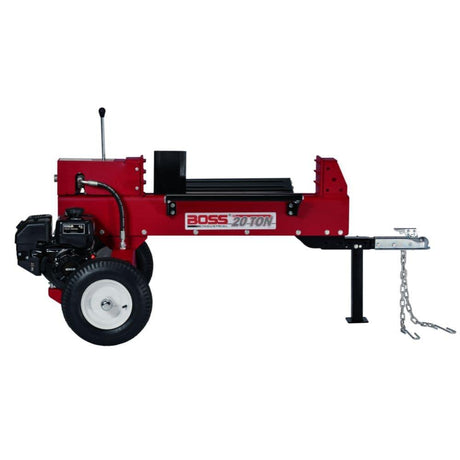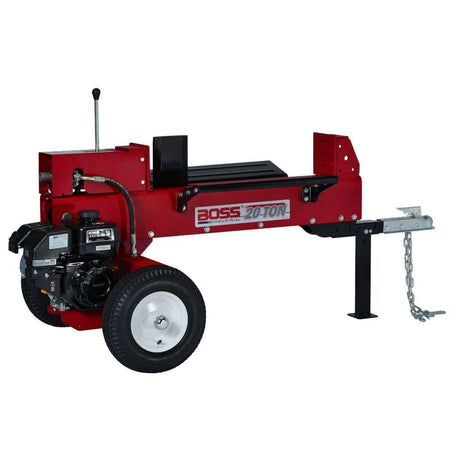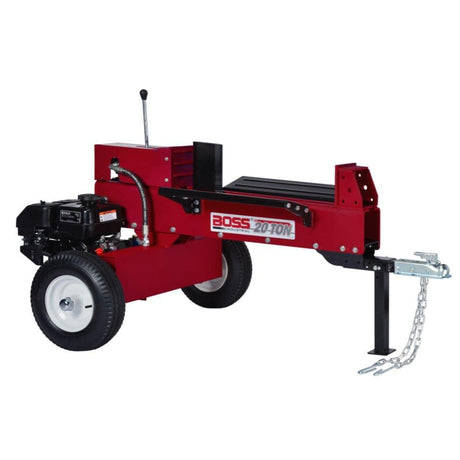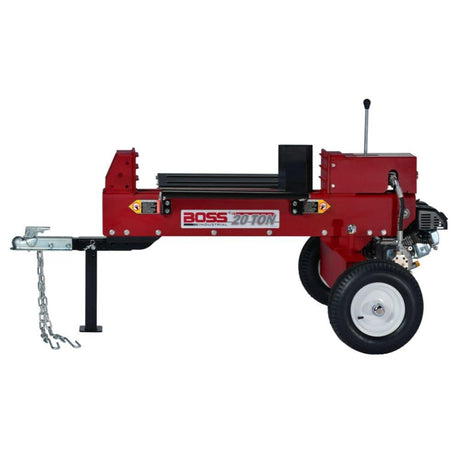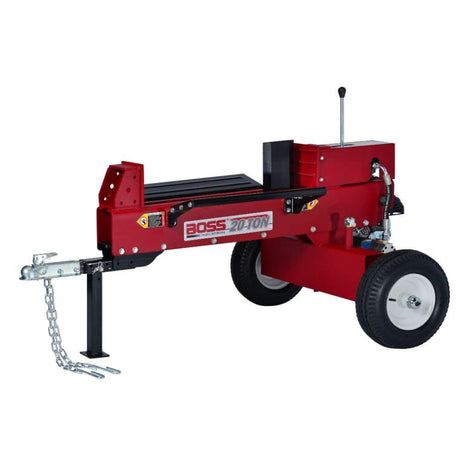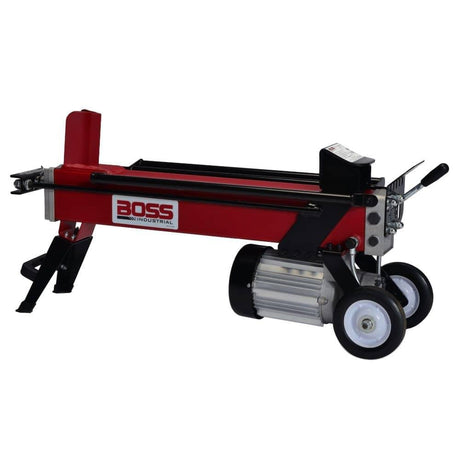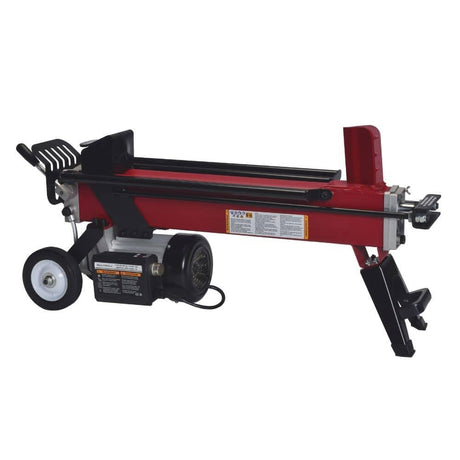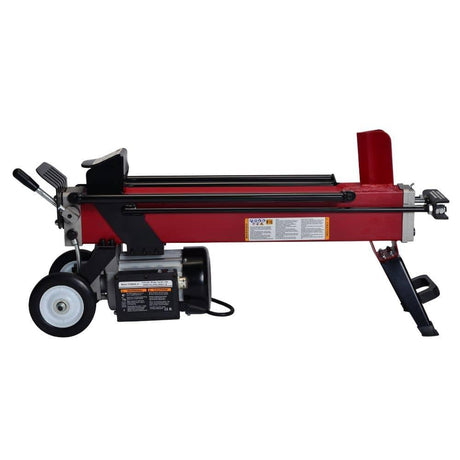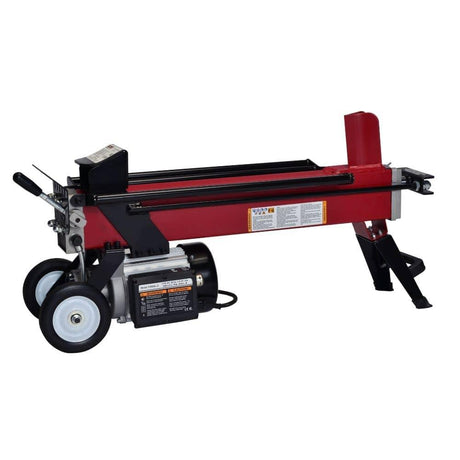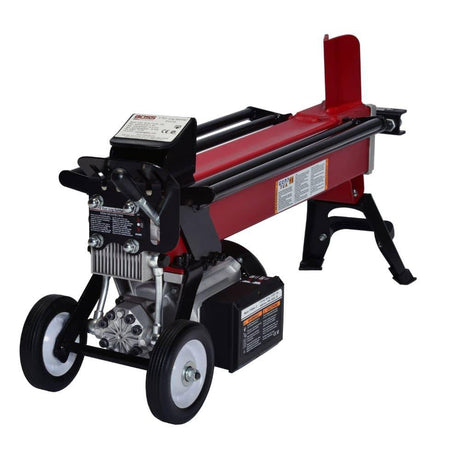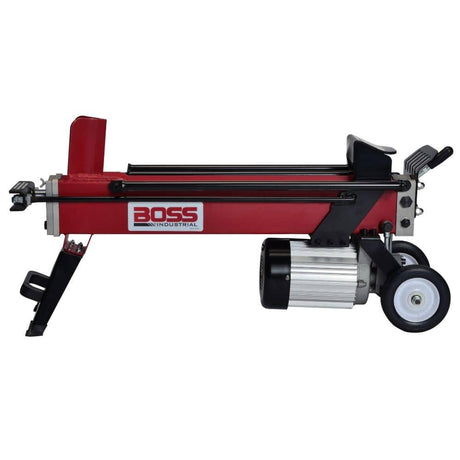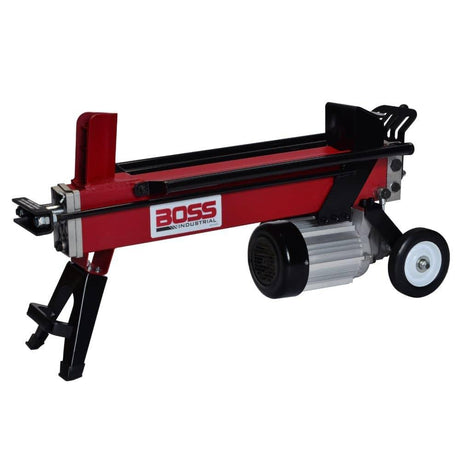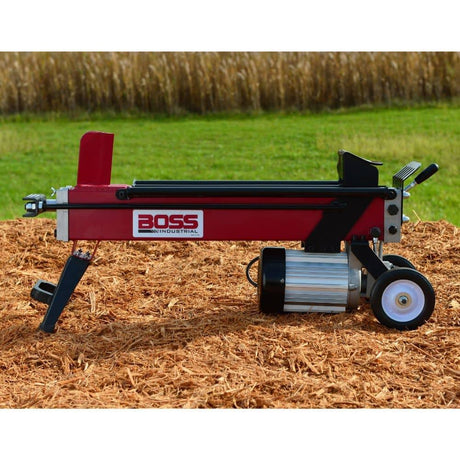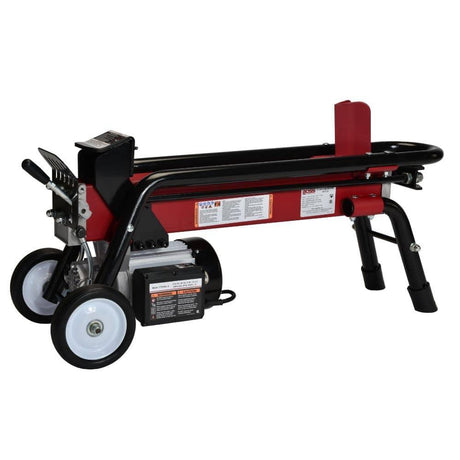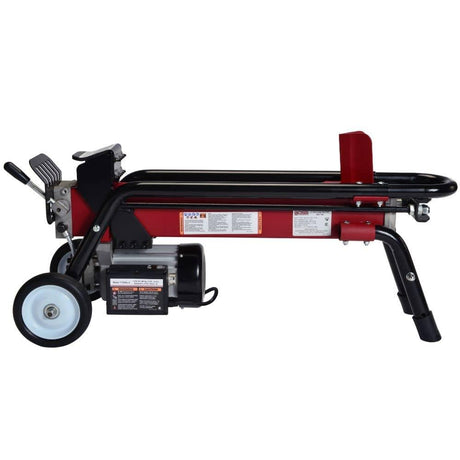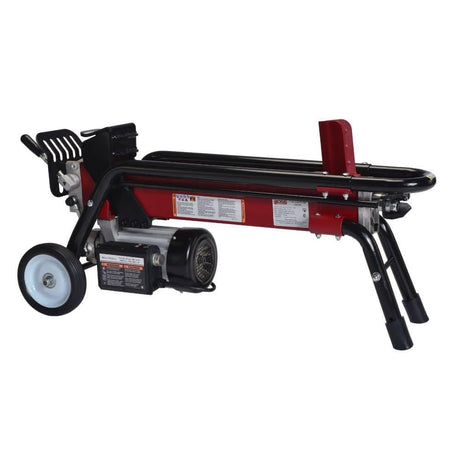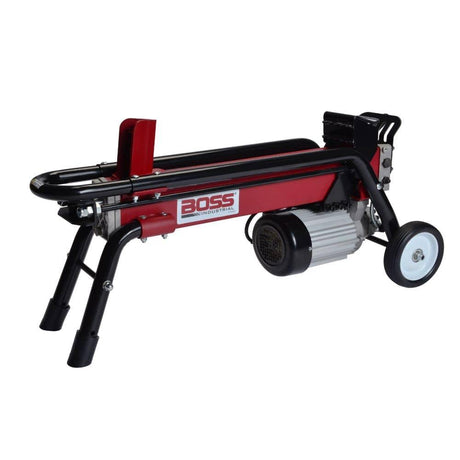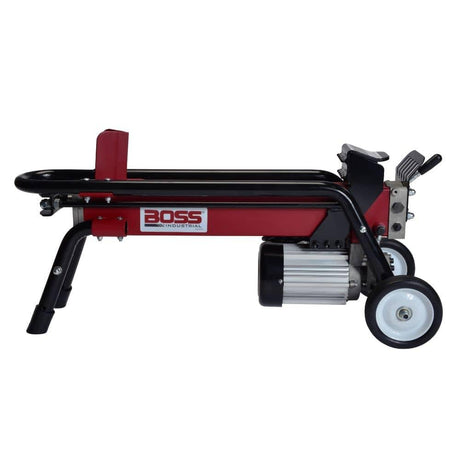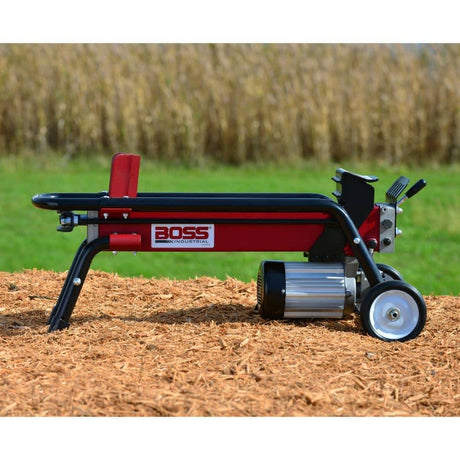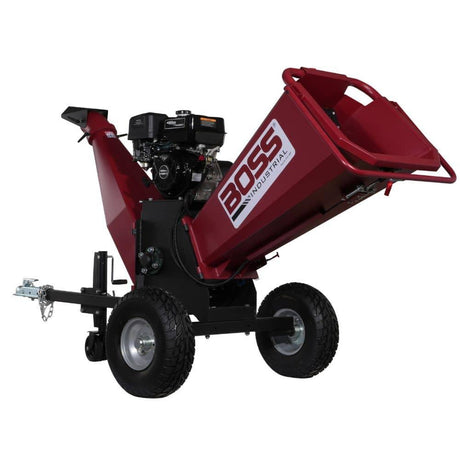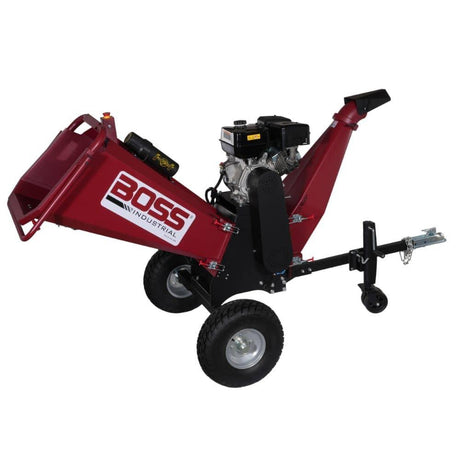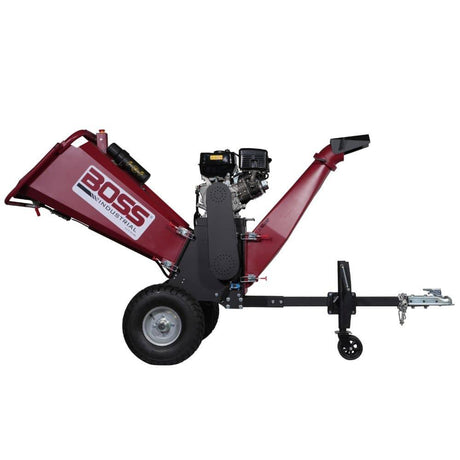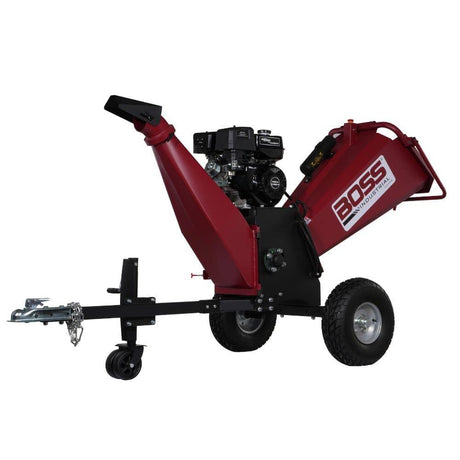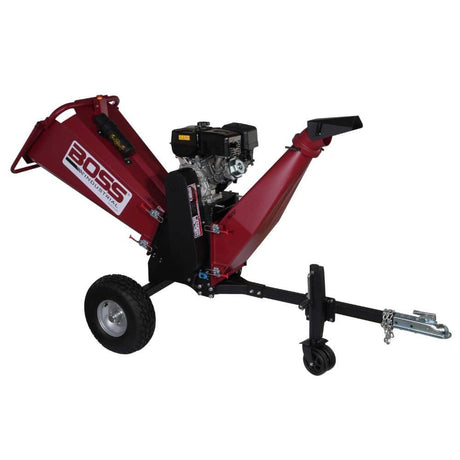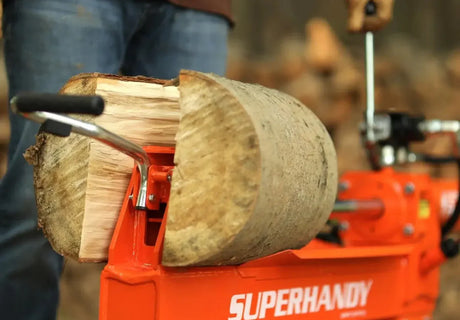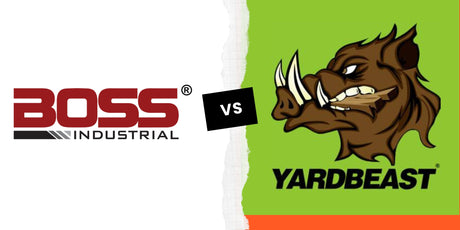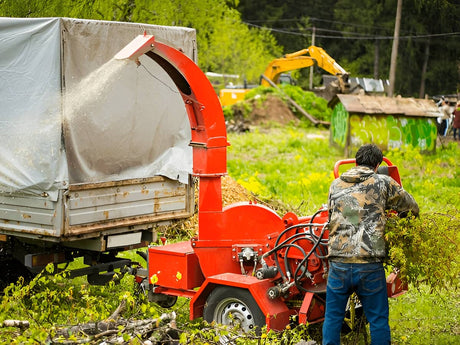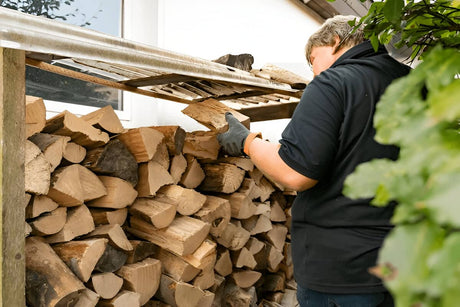So, you're thinking about getting a wood chipper and you're stuck on the big question—electric or gas? I hear that one a lot. It’s kinda like choosing between a regular coffee maker and a fancy espresso machine. Both will get the job done, but how they do it—and what it’s like to use them—feels totally different. Let me walk you through it, step by step. We’ll keep it simple.
What’s the Real Difference?
Here’s the thing—electric and gas wood chippers both do the same job. They take your branches, leaves, yard trimmings—even small trees—and turn them into mulch or wood chips. That part’s the same.
But the engine inside? That changes everything. How they run, how much noise they make, how strong they are, how often you’ll need to mess with maintenance... it all comes down to the power source. If you’ve ever used an electric trimmer or a gas-powered mower, you know the deal.
Electric is quiet and easy. Gas is louder, stronger, and built for bigger jobs. Let’s break it down a bit more so you can see which one fits you best.
How Electric Wood Chippers Work
Electric wood chippers are simple. You just plug them into the wall, and you’re ready to go. That’s it. No gas. No starting issues. Just flip the switch and start chipping.
Here’s why folks love these electric models:
- They’re quiet. No roaring engine, no waking the neighbors. Perfect if you want to keep things peaceful in the yard.
- No fumes. Since there's no gas, you won’t be breathing in exhaust while you work.
- Super low maintenance. No oil changes, no spark plugs—just keep the cord in good shape and check the blades once in a while.
- Great for smaller jobs. If you’re trimming bushes, clearing light branches, or cleaning up after gardening, it handles it all with ease. They’re especially handy for turning dry leaves into useful mulch or wood chips.
Electric models are powered by an electric motor, which is part of what keeps them lightweight and user-friendly. Many customers love how quickly they can plug in and get to work without needing to access fuel or perform lengthy checks.
It's a no-fuss option for anyone who wants a clean, quiet, easy-to-use chipper shredder.
Now, here’s the one thing to keep in mind—you’ve got to be near an outlet. If your yard’s on the bigger side, you might need a long, heavy-duty extension cord to reach everything. But if you’ve just got a smaller space—maybe a few bushes, some trees, nothing too crazy—an electric chipper will handle it just fine. Simple, quiet, and gets the job done without any hassle.
How Gas Wood Chippers Work
Gas wood chippers are built with a real engine—just like your lawn mower. That means more power, and a lot more freedom.
Here’s what to expect:
- More muscle. These machines can handle thicker limbs, larger branches, and bigger piles. Great after a storm or when you’ve got a lot to clear.
- You’re free to move. No cord. No outlet. Just fuel up and go—wherever the brush pile is.
- More maintenance. You’ll need to keep up with oil changes, fresh gas, and the occasional spark plug check. Gas powered units have more moving parts in the engine that require care.
- They’re loud. And yeah, they put out some exhaust too. Not a dealbreaker, but something to think about if you want peace and quiet.
If you live out in the country or have a big yard with heavy cleanup jobs, gas chippers are usually the way to go. They’ve got the strength and range to keep up with demanding jobs and heavier material.
Gas models tend to come with higher horsepower and can be equipped to chip material with larger diameters. That’s part of what makes them ideal for rural properties or even semi-professional use.

So, Which One’s Better?
It really depends on you. If your yard is small and your cleanup light, go electric. It’s clean, quiet, and easy to manage. If your property is bigger and you’re dealing with thick limbs or major brush, go gas. You’ll need a bit more upkeep, but the power pays off.
Here’s a quick tip: check the maximum branch diameter and chipping capacity listed in the specs. That’ll tell you exactly what each machine can handle.
Think about the kind of debris you usually deal with—and go from there. Whatever you choose, you’ll be making yard work faster, cleaner, and a whole lot more satisfying.
Key Differences to Consider
Not sure how a wood chipper stacks up against other machines? Check out our comparison of wood chipper, wood shredder, and mulcher to see which tool fits your needs.
Choosing between a gas vs electric wood chipper isn’t just about raw power. It really comes down to how you work, how often you’re out in the yard, and what kind of space you’re working with. Let’s walk through the key differences together—nice and simple. Whether you’re just doing some weekend cleanup or tackling big piles of brush on the regular, we’ll find the chipper that makes your life easier.
Power and Performance
Let’s talk power—that’s usually the first thing folks ask about. Gas chippers? These are the real workhorses. They’ve got the torque to tear through thick branches and big brush piles without slowing down. If you’re regularly clearing a significant amount of brush, you’ll want that extra power.
Now, electric chippers might not be as strong, but for most homeowners? They’re more than enough. They handle small branches, yard clippings, and everyday mess without breaking a sweat. And the best part? They’re super easy to use. Plug it in, hit the switch, and you’re good to go.
Here’s a quick side-by-side:
Gas chippers
- Made for big jobs
- Handle thick branches and even small trees
- Keep running strong, even with a mountain of debris
- Offer more horsepower and chipping speed
Electric chippers
- Ideal for regular yard maintenance
- No startup hassle—just plug in and go
- Easy, clean, and super low-stress
So think about your yard for a minute. If you’ve got a smaller space and just want to stay on top of trimming and clean-up, electric’s probably all you need. But if you’re dealing with big limbs or a lot of property, you’ll be glad you went with a gas powered chipper shredder.
Maintenance and Upkeep
Let’s be honest—nobody loves maintenance.
Gas models need a little more attention. Oil changes, spark plugs, checking the fuel... it’s not hard, but it takes time and care. You’ll also want to keep an eye on belts and the motor to avoid unexpected breakdowns.
Electric chippers? Way simpler. No gas, fewer parts, less hassle. Just keep the cord and blades in good shape and you’re good to go.
Here’s a quick breakdown:
Gas chippers
- Regular oil and engine checks
- Fuel system care (filters, plugs, etc.)
- More moving parts means more potential for wear
Electric chippers
- Bare-bones maintenance
- No fuel, no filters
- Quick cleaning and blade checks
If you’re the kind of person who doesn’t want to spend Saturday in the garage tinkering with machinery, electric chippers will save you time—and probably some stress. Plus, they don’t jam as easily with lightweight material.
Noise Levels and Environmental Impact
Let’s talk noise. And fumes.
Gas chippers are powerful, but they’re loud. You’ll hear that engine hum from a distance—and smell it too. Not a problem in the country, but maybe not so great in a quiet neighborhood.
Electric chippers are much quieter in comparison. And since there's no gas, there are no emissions. This is good for your ears, your lungs, and the environment.
Here’s the comparison:
Electric chippers
- Quiet operation—no roaring motor
- No fumes, no emissions
- Better for neighborhoods with noise rules
Gas chippers
- Loud, especially under load
- Emits exhaust gases
- Better suited for rural or commercial spaces
If peace and quiet matter to you—or to your neighbors—electric is the way to go.
Portability and Setup
How easy is it to move these things around?
Electric chippers are generally smaller and lighter. You can wheel them around without much effort. But you do need access to an outlet—or a long, heavy-duty extension cord.
Gas models are built for heavy duty work. That means they’re heavier and more robust. But they can go anywhere, anytime, with no cords holding you back. Perfect for bigger properties, wooded areas, or remote jobs.
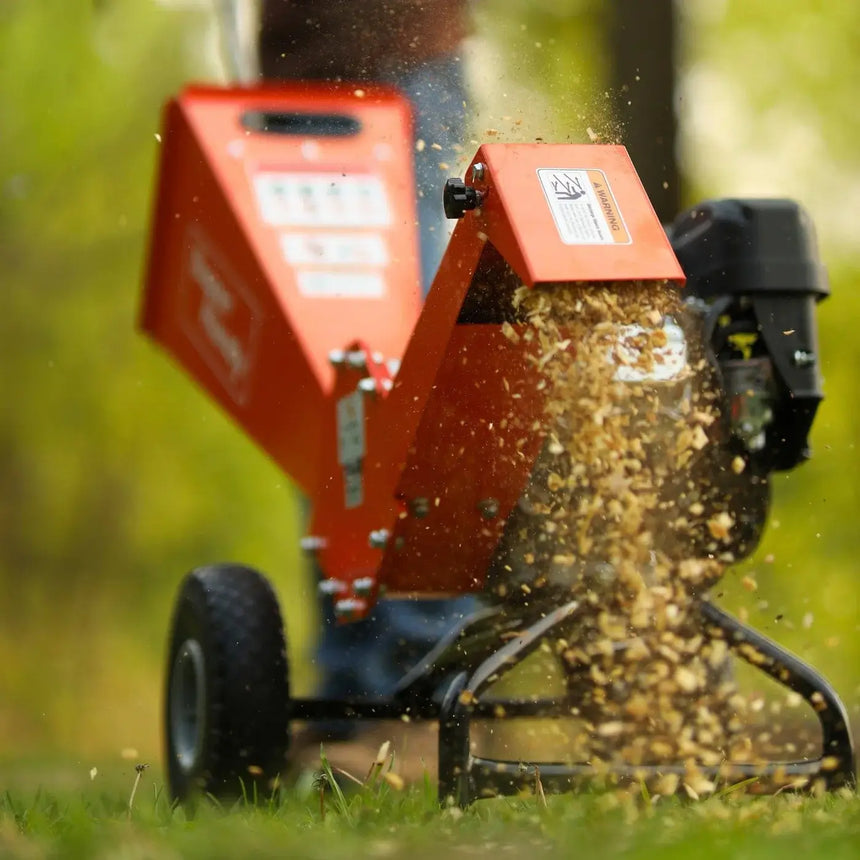
Electric chippers
- Lightweight and easy to reposition
- Fast setup
- Tethered by power cord
Gas chippers
- Heavier but highly durable
- No cords—total mobility
- May require more effort to stabilize on soft ground
If your yard isn’t huge, and your jobs are simple, electric chippers are easier to handle and store. But if you’re working across acres, gas wins.
Cost and Budgeting
Let’s talk money.
Buying a wood chipper isn’t just about the price tag. It’s also about long-term costs—fuel, electricity, maintenance, and even repairs.
Initial Purchase Price
Electric chippers usually cost less upfront. They’re built with fewer heavy-duty components, making them more affordable.
Gas chippers? They’re more expensive—but you’re paying for power, larger chipping capacity, and rugged equipment that can handle tough jobs.
Electric models
- Lower initial cost
- Ideal for small to mid-size jobs
- Great value for homeowners with light yard work
Gas models
- Higher upfront investment
- Built for durability and frequent use
- A better fit for commercial or rural users
It’s like buying a car. If you’re commuting downtown, a compact does the trick. But if you’re hauling heavy loads, you need a pickup truck.
Operating Costs (Fuel vs. Electricity)
Gas-powered chippers run on fuel. If you’re using them often, those gas costs—and oil and filter changes—can add up. Not to mention possible visits to a repair shop.
Electric chippers? Plug and play. Electricity is cheaper than fuel, and the units don’t require engine servicing. Over time, that can mean serious savings.
Repairs and Replacements
All chippers break eventually. But how much they cost to fix—and how often they break—depends on the build.
Gas models have more parts that can wear out. You may need a mechanic if something major breaks.
Electric models have fewer moving parts. That makes them easier to maintain and repair.
Gas chipper repairs
- Engine repairs can be costly
- More likely to require professional servicing
- Parts like belts and plugs may wear faster
Electric chipper repairs
- Simple maintenance you can do yourself
- Lower risk of part failure
- Often easier to diagnose and fix
In the end, think about how much chipping you’re doing, how often, and how hands-on you want to be with maintenance. That’ll help you decide what unit fits your budget and your lifestyle.

Who Benefits Most from Each Type?
Picking the right chipper isn’t just about specs. It’s about how you live, how much work you do, and where you do it.
For Homeowners with Small Yards
Electric chippers are a great match for small properties. If you’ve got a tidy garden, a few trees, and you clean up now and then—they’re perfect.
- Quiet and compact
- Simple to use and maintain
- Lower cost
- Easy storage
A good wood chipper shredder helps you manage those branches and keep your garden neat. And with minimal noise, you won’t annoy the neighbors.
For Landscapers and Heavy-Duty Use
If you’re working often, or on large areas, gas is the way to go. These are heavy duty machines that chip fast and don’t back down from a challenge.
- Powerful engine and large chipping capacity
- Ideal for professional landscapers
- Built to handle lots of brush and debris
- Saves time on big cleanup jobs
If your job is clearing land, hauling limbs, or cleaning up after storms, gas wood chippers are worth the investment.
Urban vs. Rural Use
Urban/Suburban: Electric models are quiet, clean, and don’t take up much storage space. They work great in places with noise restrictions.
Rural/Remote: Gas-powered chippers are your best bet. With no outlet needed, you can chip anywhere. They’re built to handle the bigger messes that come with country living.
Final Thoughts
So, should you go with an electric chipper or a gas-powered one?
If your space is small, your jobs are light, and you value quiet operation, an electric model will serve you well.
But if you’ve got a lot of land, heavier jobs, and you need serious power and flexibility, a gas model is the smart choice.
Either way, you're investing in a piece of equipment that’s going to save you time, reduce your yard waste, and help you process brush, branches, and debris into useful wood chips.
Still not sure what’s right for you? Reach out anytime—we’re happy to help you decide which chipper shredder fits your lifestyle, your land, and your budget.

